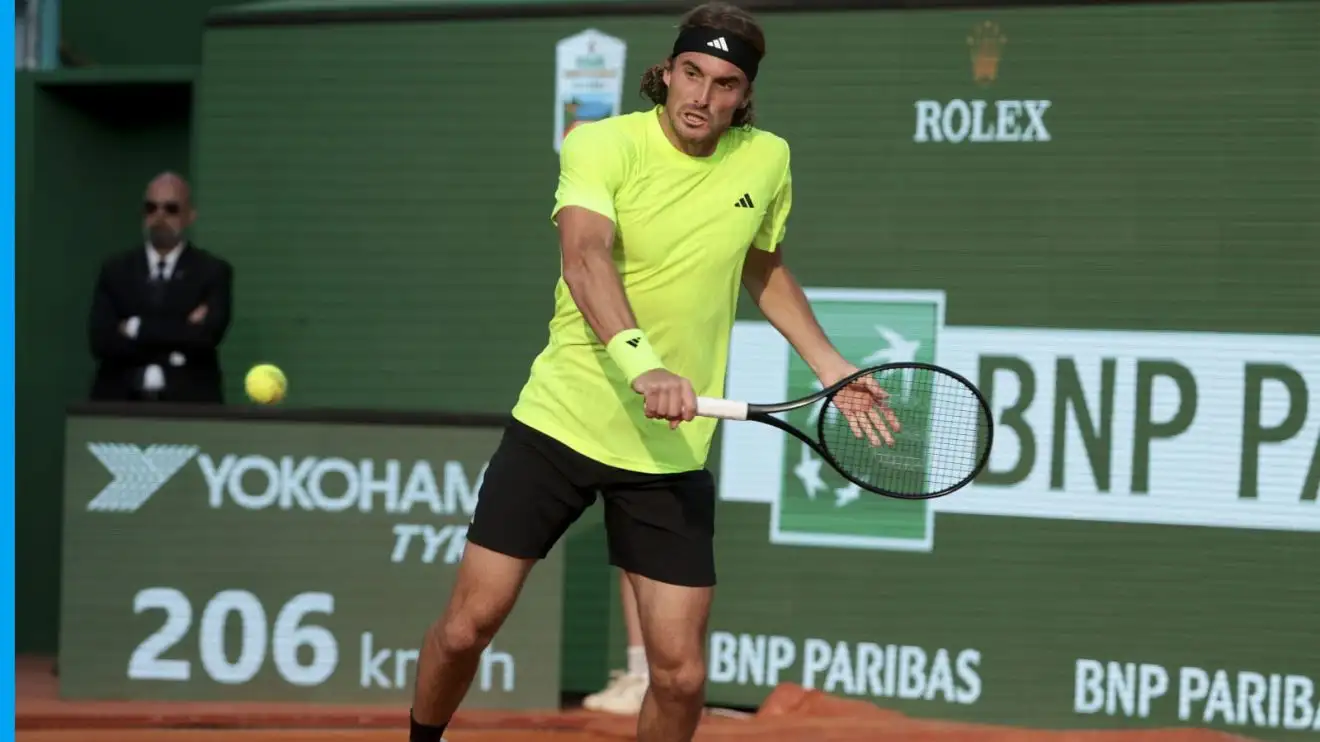
Emma Raducanu, the 22-year-old British tennis star who stormed to global fame with her 2021 US Open victory, is facing a crossroads in her career. Once celebrated as the golden girl of tennis, Raducanu has seen her sponsorship portfolio take a hit, with telecommunications titan Vodafone severing a £3 million-a-year deal and luxury automaker Porsche reportedly reclaiming a £125,000 car loaned to her. Despite retaining eight high-value endorsement partnerships, these setbacks highlight the precarious balance between on-court performance and off-court marketability. As Raducanu fights to reclaim her form after a series of injuries, her journey is a compelling saga of resilience, ambition, and the pressures of stardom.
Raducanu’s ascent began with her historic 2021 US Open win, where, as an 18-year-old qualifier, she became the first player in the Open Era to claim a Grand Slam title from such a position. The victory sparked a frenzy of sponsorship offers, with brands like Dior, Tiffany & Co., Nike, and Vodafone eager to align with her charisma and potential. “I’m not just Emma Raducanu who arrives in a Porsche, wears Dior and flies first class,” she once said, reflecting her desire to stay grounded amid the glitz. Her company, Harbour 6 Ltd, reported a £9.6 million profit in 2023, largely driven by endorsement deals that made her the seventh-highest-earning female athlete in 2024, with £11.2 million in total earnings, including £10 million from off-court ventures.
However, the past few years have been challenging. Injuries, including triple surgery in 2023 for wrist and ankle issues, derailed her progress, causing her ranking to plummet to 303rd. A foot injury in 2024 forced her to retire mid-match at the Korea Open and skip several events, including the Billie Jean King Cup qualifiers. These setbacks have fueled doubts about her consistency, prompting Vodafone to end its partnership, reportedly because Raducanu was “demanding too much money” during negotiations. The deal, signed in December 2021, was her most lucrative, featuring her in campaigns like a 5G hologram coaching initiative for young players.
The Porsche situation has added to the narrative of waning sponsor confidence. After her US Open triumph, Porsche named Raducanu a global ambassador, loaning her a £125,000 911 Carrera GTS Cabriolet. “Whenever I would turn up to practice in the morning I would see [my coach’s] Porsche,” she recalled, sharing her lifelong admiration for the brand. Yet, in October 2024, reports emerged that Porsche had “taken back” the car, which “used to have pride of place at her home.” A Porsche spokesperson clarified that vehicles are loaned on an “ad hoc basis” and that Raducanu remains an ambassador, with no changes to their partnership since 2022. Her choice to compete in a WTA 250 event in Rouen over the Porsche Tennis Grand Prix in Stuttgart, where she typically receives a wildcard, has fueled speculation about the relationship’s stability.
Raducanu’s remaining endorsements include Nike and Wilson, each paying around £100,000 annually, and luxury brands Dior and Tiffany & Co., which together contribute roughly £2 million a year. She also partners with Evian, HSBC, and British Airways, appearing in the latter’s in-flight safety video. These deals keep her among the sport’s top earners, but sports finance expert Dr. Rob Wilson warned that her future hinges on results. “If she doesn’t start winning games, if she doesn’t go deep into tournaments, she is going to really struggle to renegotiate or renew any of those commercial endorsements,” he said, emphasizing the link between performance and sponsorship longevity.
On the court, Raducanu is showing glimmers of a comeback. In 2024, she reached quarter-finals in Stuttgart, Eastbourne, Washington, and Seoul, and notched her first wins against top-10 players. “I wasn’t necessarily feeling great about my tennis, but this week I have some really good people around me who I trust and who I have fun with off the court,” she said after a strong Miami Open performance. Currently ranked No. 47, she’s climbing back from her injury lows, but consistency remains elusive. Her coaching situation is also in flux, with reports of talks with commentator Mark Petchey to fill the void left by Nick Cavaday’s departure in January 2025.
The tennis community and fans are divided. Social media reflects both support for her resilience and criticism of her commercial focus, with some arguing she’s prioritized endorsements over training. Yet, Raducanu’s talent and marketability remain undeniable. As she eyes tournaments like the Madrid Open, her ability to balance physical recovery, competitive success, and sponsor expectations will shape her legacy. For now, she’s a young star under pressure, determined to prove she can reclaim her place at the top—both on the court and in the endorsement game.
Leave a Reply